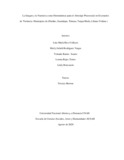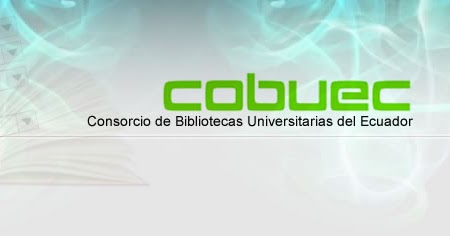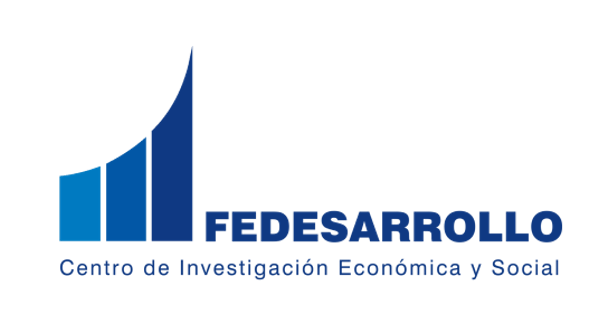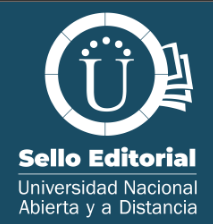Mostrar el registro sencillo del ítem
La Imagen y la Narrativa como Herramientas para el Abordaje Psicosocial en Escenarios de Violencia. Municipios de Pitalito, Guadalupe, Timana, Tarqui, Líbano
| dc.contributor.advisor | Moreno, Yessica Dayana | |
| dc.coverage.spatial | cead_-_pitalito | spa |
| dc.creator | Rico Collazos, Lina María | |
| dc.creator | Ramos Suarez, Yolanda | |
| dc.creator | Roncancio Torres, Leidy Johanna | |
| dc.creator | Rojas Torres, Lorena | |
| dc.creator | Rodríguez Vargas, Merly | |
| dc.date.accessioned | 2020-08-26T02:35:36Z | |
| dc.date.available | 2020-08-26T02:35:36Z | |
| dc.date.created | 2020-08-25 | |
| dc.identifier.uri | https://repository.unad.edu.co/handle/10596/36083 | |
| dc.description.abstract | En el presente documento se evidencia como el enfoque narrativo tiene significancia a la hora de abordar procesos terapéuticos dirigidos a personas que experimentan actos de violencia que les marcan; particularmente aquí, se ha realizado a través del análisis de relatos de casos de violencia en Colombia donde se observa la cruda realidad por la que han pasado y viven muchos pobladores de zona rural, heridos por el dolor de la muerte de sus seres querido y el destierro de sus regiones y viviendas, trayendo consigo miseria, pobreza, enfermedad, miedo, incertidumbre, consecuencias psicológicas y fisiológicas. En el relato especifico de Don Modesto Pacayá, se resaltan los impactos psicosociales, la subjetividad y la emancipación discursiva ocasionados por la violencia y el dolor experimentado por esta familia; también se formularon preguntas estratégicas, circulares y reflexivas pertinentes a la superación de las condiciones de víctima. Paralelamente, el análisis del caso Pandurí refleja el sufrimiento por el que tuvieron que pasar sus habitantes a causa de la irrupción por parte de un grupo armado al margen de la ley, que dejan en evidencia los emergentes psicosociales dejados por el ataque y la estigmatización que marca a esta población. Por último, se evidencian tres estrategias psicosociales con el fin de generar un impacto positivo en esta población, facilitando la potenciación de recursos de afrontamiento y la resiliencia para una transformación social. | spa |
| dc.format | ||
| dc.title | La Imagen y la Narrativa como Herramientas para el Abordaje Psicosocial en Escenarios de Violencia. Municipios de Pitalito, Guadalupe, Timana, Tarqui, Líbano | |
| dc.type | Diplomado de profundización para grado | |
| dc.subject.keywords | Empoderamiento | spa |
| dc.subject.keywords | Exclusión | spa |
| dc.subject.keywords | Resiliencia | spa |
| dc.subject.keywords | Transformación social | spa |
| dc.subject.keywords | Victimas | spa |
| dc.description.abstractenglish | This document shows how the narrative approach has significance when it comes to addressing therapeutic processes directed at people who experience acts of violence that traumatize them. Particularly in this work, it has been carried out through the analysis of stories regarding cases of violence in Colombia where the harsh reality that many rural residents have experienced and survived from, wounded by the pain of the death of their loved ones and exile of their regions and homes, bringing with it misery, poverty, diseases, fear, uncertainty, and all sort of psychological and physiological consequences. The specific story of Don Modesto Pacayá highlights the psychosocial impacts, subjectivity and discursive emancipation caused by the violence and the pain experienced by this family. Also, thoughtful and strategic questions were formulated being these relevant for the victims to overcome their condition. By the same token, the analysis of the Pandurí case suggests the deep suffering that its inhabitants had to go through as a result of the irruption by an armed group outside the law frame which reveals the psychosocial costs left by the attack and the stigmatization that wound its victims. To sum up, three psychosocial strategies are brought up to generate a positive impact on this population, facilitating the empowerment of coping resources and mechanisms, and resilience for social transformation. | spa |
| dc.subject.category | Psicología | spa |















